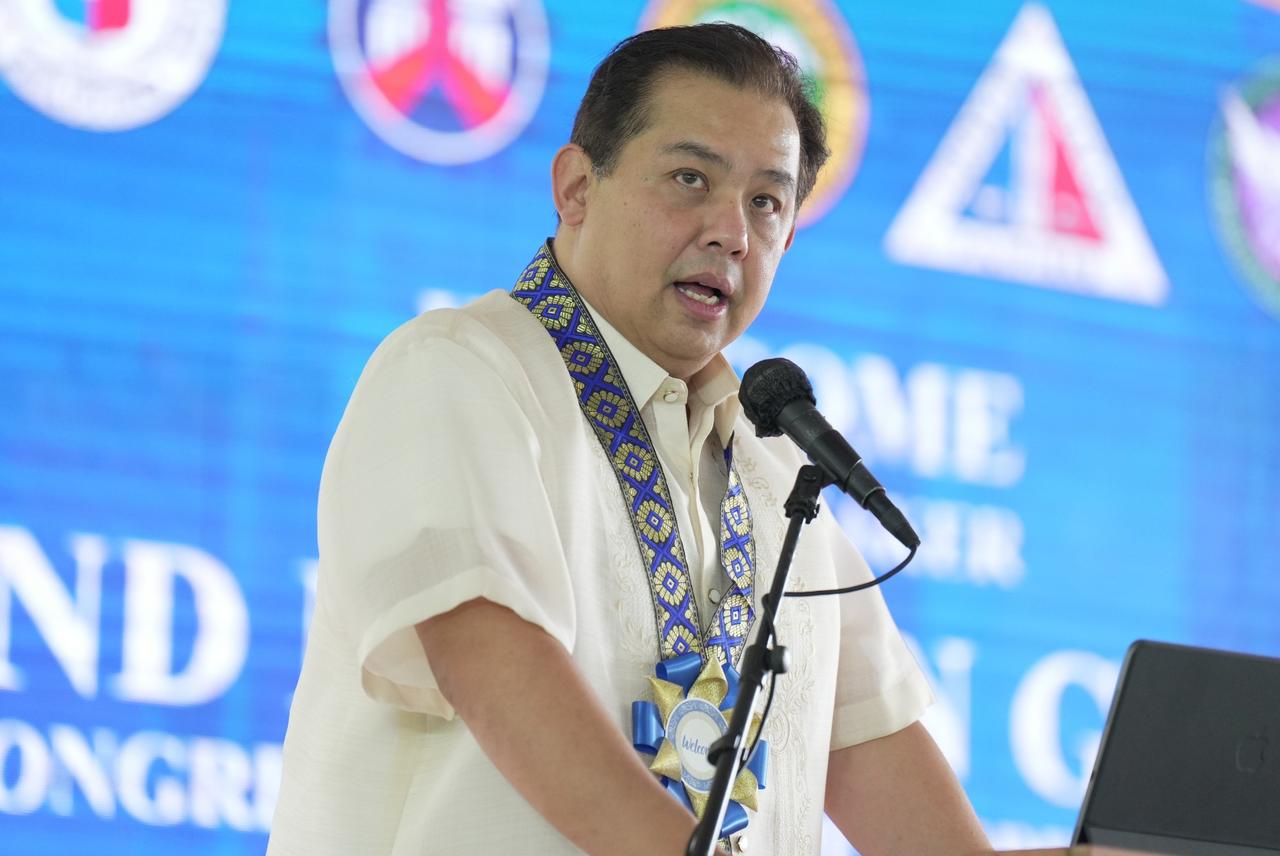Speaker: Free college entrance exam for qualified students an equalizer

Speaker Ferdinand Martin Romualdez FILE PHOTO / Office of the Speaker of the House of Representatives
MANILA, Philippines — House Speaker Ferdinand Martin Romualdez believes a new law that requires higher educational institutions (HEIs) to give free entrance exams to qualified students will equalize the playing field.
Romualdez on Friday was referring to Republic Act No. 12006 or the Free College Entrance Examinations Act, which lapsed into law last June 14 after it was neither signed nor vetoed by President Ferdinand Marcos Jr.
According to Romualdez, the law seeks to “alleviate the financial burden on deserving students and their families”, which will then give students a chance to get quality education despite their economic status.
“This law is a crucial step in our efforts to provide equal educational opportunities for all Filipinos, regardless of their financial situation,” Romualdez said.
“By waiving entrance exam fees, we are removing a significant hurdle that prevents many talented and deserving students from pursuing their dreams of higher education,” he added.
Article continues after this advertisementRomualdez said he got a letter from Executive Secretary Lucas Bersamin about the bill lapsing into law. Under the 1987 Constitution, Marcos has 30 days to act on the bill before it lapses into law.
Article continues after this advertisementREAD: Free college entrance exams, Bulacan economic zone bills lapse into law
“Education is the key to unlocking our nation’s potential. When we invest in our youth, we invest in the future of our country. This law will help ensure that more students have the chance to succeed, thereby contributing to the growth and progress of the Philippines,” he said.
Under R.A. No. 12006, the free entrance examinations will be provided by private HEIs to Filipino students who would pass these qualifications:
- A graduating student inside the top 10 percent of the graduating class
- Belonging to a family whose combined household income is below the poverty threshold as defined by the National Economic and Development Authority or cannot provide their basic needs, as certified by the Department of Social Welfare and Development
- A graduating student applying to colleges within the country
- Compliant with other requirements set by the private HEI
Romualdez said the passage of the bill, and then the enactment of the law, is a proof of the House and the government’s commitment to making education accessible for all.
“The passage of this law reflects our commitment to making education accessible to all. It is our hope that this will inspire more students to strive for academic excellence, knowing that their financial background will not be a barrier to their aspirations,” he said.